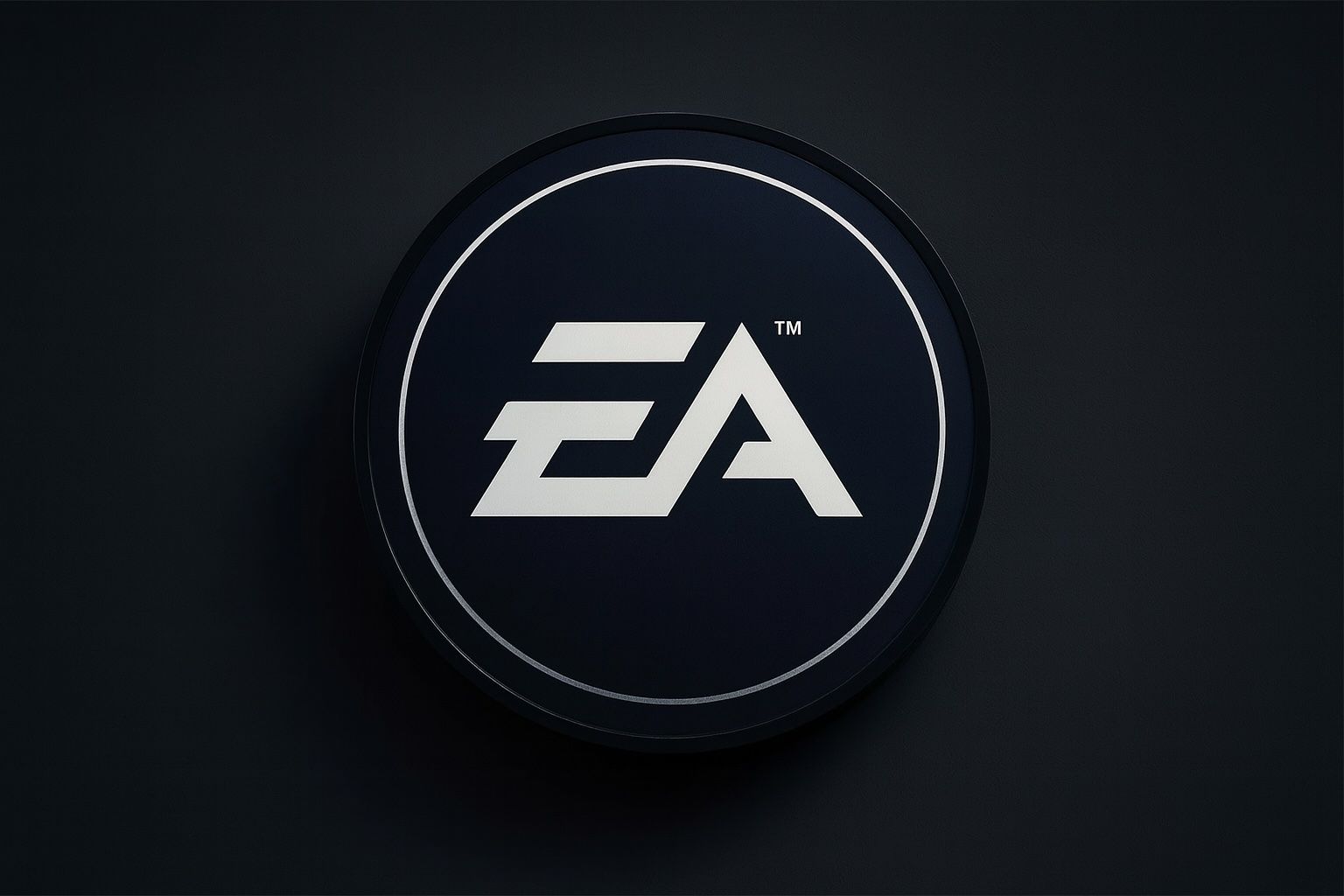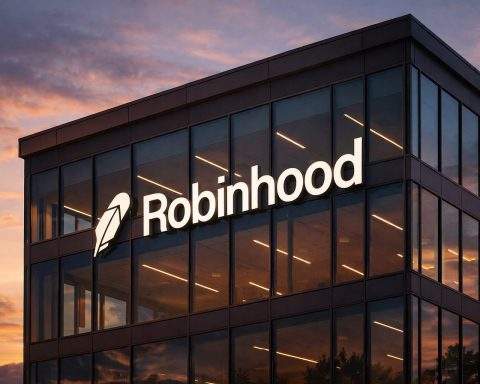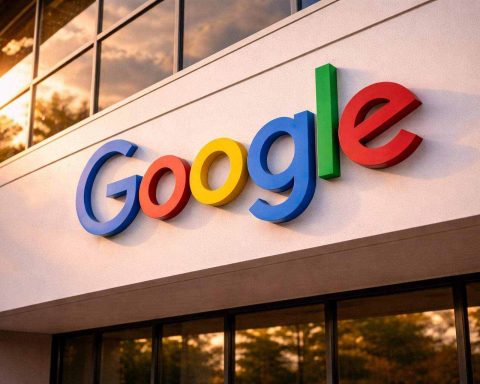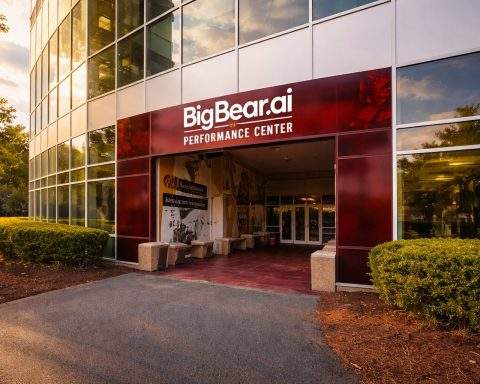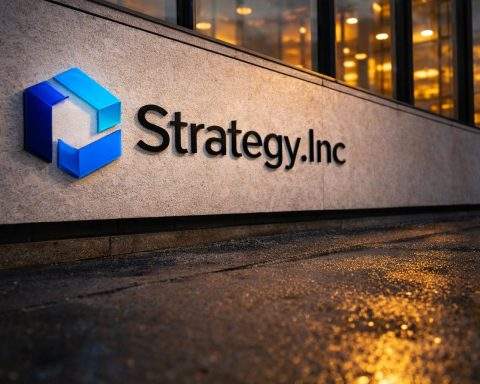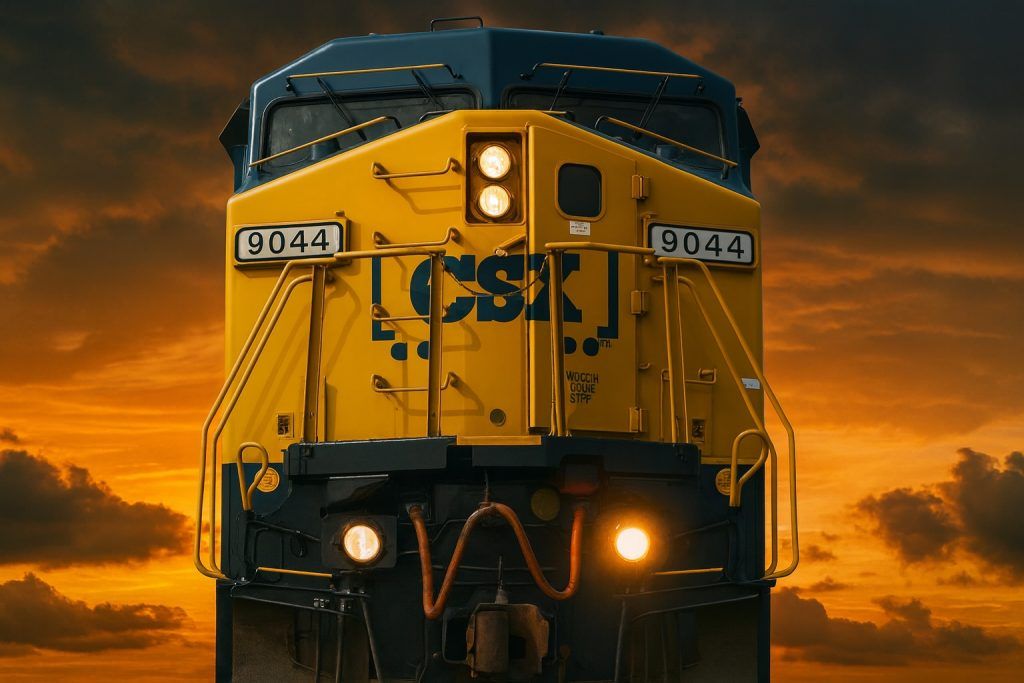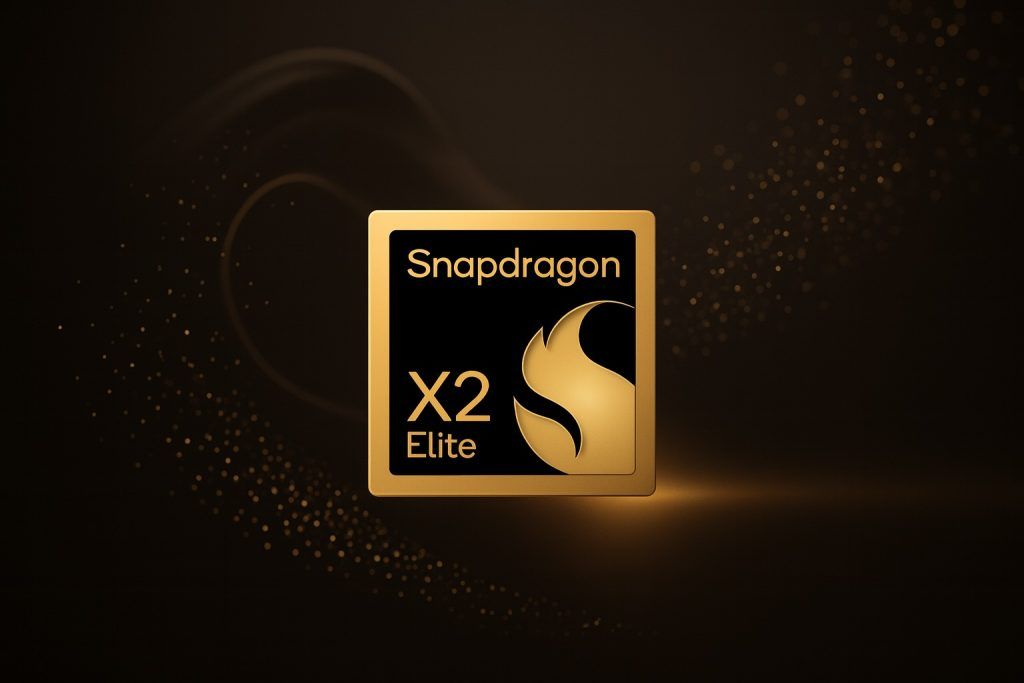Key Facts: A consortium led by Saudi Arabia’s Public Investment Fund (PIF), with private equity firm Silver Lake and Jared Kushner’s Affinity Partners, will take Electronic Arts (EA) private in an all-cash transaction valuing the company at roughly $55 billion. EA shareholders get $210 per share – about a 25% premium to the pre-announcement stock price apnews.com ir.ea.com. Including debt, it is the largest leveraged buyout of a public tech company on record (well above the prior $32B Texas utilities deal) apnews.com reuters.com. The deal was approved by EA’s board and is expected to close in Q1 FY2027, pending regulatory and shareholder approval apnews.com ir.ea.com. CEO Andrew Wilson will remain at the helm and EA will stay headquartered in Redwood City, California apnews.com 1 .
- Buyers: Saudi PIF (already a ~10% EA owner) will roll over its stake. Silver Lake Partners (tech-focused PE firm) and Affinity Partners (Kushner’s fund) join the bid apnews.com ir.ea.com. Kushner – former White House adviser and Trump’s son-in-law – says he “grew up playing” EA games and is excited about the future apnews.com 2 .
- Deal Structure: The consortium will invest ~$36B of new equity and raise $20B of debt (with ~$18B drawn at close via JPMorgan financing) ir.ea.com. It’s billed as “the largest all-cash sponsor take-private investment in history” ir.ea.com. PIF, Silver Lake and Affinity will each fund the equity from their own capital.
- Industry Context: This deal follows a wave of gaming megadeals. In 2023 Microsoft paid ~$69B for Activision Blizzard, and Take-Two Games bought mobile-gaming firm Zynga for ~$12B. EA’s buyout intensifies consolidation: with EA delisted, the number of big public game companies will shrink foxbusiness.com. Analysts note EA’s offerings (sports franchises, shooters) are highly valued, but have been caught in a broader industry slowdown.
Deal Overview
On Sept. 29, 2025, EA and its buyers announced a definitive agreement. The consortium will pay $210 per EA share in cash, for an enterprise value ~$55 billion ir.ea.com reuters.com. This includes roughly $20B of EA debt, making it far and away the largest such leveraged buyout ever. By comparison, the TXU Energy (Texas utility) buyout in 2007 was ~$32B (equity) and $45B (including debt) apnews.com reuters.com. The Fox Business news wire described it bluntly as “the largest-ever leveraged buyout in history” 3 .
EA’s board unanimously recommended the sale, and shareholders will vote on it next year. If approved, EA will delist from Nasdaq (its 36-year public run ends) apnews.com ir.ea.com. Andrew Wilson, who joined EA in 2007 and became CEO in 2013, will stay on as CEO and keep leading the company post-close apnews.com 1 .
EA’s portfolio includes major franchises such as Madden NFL and The Sims (sports and life-simulation), and blockbuster action games like Battlefield and Apex Legends apnews.com gamedeveloper.com. (The upcoming Battlefield 6 release is widely anticipated in the industry.) In recent years EA has also rebranded its FIFA soccer series as EA Sports FC. The company has said it expects strong launches in the coming year.
Who’s Behind the Deal
- Public Investment Fund (PIF): Saudi Arabia’s sovereign wealth fund (estimated ~$800 billion in assets) is the lead investor. PIF already owned a 9.9% stake in EA and will roll that equity into the new ownership apnews.com gamedeveloper.com. PIF has been aggressively buying into global gaming: since 2022 it has taken minority stakes in many publishers and acquired gaming companies like esports leagues and mobile-game firms apnews.com gamedeveloper.com. For example, PIF’s Savvy Games Group recently had Scopely (the mobile games publisher) buy Niantic’s key franchises including Pokémon Go gamedeveloper.com. PIF also holds positions in Nintendo, Capcom, Nexon, Take-Two and others gamedeveloper.com. Turqi Alnowaiser, deputy governor at PIF, said the fund is “uniquely positioned in the global gaming and esports sectors” and sees this as fueling EA’s long-term growth 4 .
- Silver Lake Partners: A Silicon Valley buyout firm, Silver Lake has backed many tech deals (Dell, Skype, Alibaba). It typically funds large tech acquisitions. In fact, Silver Lake is also part of Oracle’s recently announced consortium to assume U.S. oversight of TikTok. Its co-CEO Egon Durban called EA “a special company: a global leader… with accelerating revenue growth and strong cash flow” ir.ea.com. Silver Lake plans to invest heavily to grow EA and supports Wilson’s leadership 5 .
- Affinity Partners: Founded in 2021 by Jared Kushner (former Trump adviser), Affinity is a newer private equity firm backed by Middle Eastern capital. CNN notes its investors include funds from Qatar and the United Arab Emirates reuters.com. Kushner serves as its CEO. In this deal, Affinity represents Kushner personally (“Trump’s son-in-law” being a frequent media note). Kushner said he “grew up playing [EA’s] games – and now enjoys them with his kids” and is “excited about what’s ahead” apnews.com. His business track record is limited (besides Affinity’s early growth), but his firm’s involvement signifies strong U.S.-Middle East financial ties in tech.
Together, this investor group pledges roughly $36 billion of new equity funding ir.ea.com and will use debt financing ($20B, mostly via JPMorgan) to close the $55B deal ir.ea.com. EA’s press release highlights this as “the largest all-cash sponsor take-private investment in history” ir.ea.com, emphasizing that the buyers can give EA more flexibility than public markets allow.
Market and Industry Context
EA’s buyout comes amid intense consolidation in gaming and tech. Just two years ago Microsoft agreed to buy Activision Blizzard (maker of Call of Duty) for nearly $69B apnews.com. Earlier, console-maker Sony acquired the rights to the “Call of Duty” franchise for its PlayStation, and Take-Two Interactive (Grand Theft Auto’s owner) bought mobile-gaming giant Zynga for $12.7B in 2022. Fox Business notes that with EA going private, there are “further reducing the number of publicly listed video game companies” foxbusiness.com. In other words, the major game publishers and studios are either part of tech giants (Microsoft, Sony) or owned by large financial sponsors.
Analysts see factors behind this timing. EA’s revenue growth has been flat recently (around $7.4–7.6 billion annually) apnews.com, and gaming saw a post-pandemic lull as consumers’ spending normalized. CEO Wilson has worked to boost recurring-revenue models and new titles. In EA’s latest earnings (FY26 Q1), Wilson claimed “a strong start” thanks to upcoming hits and live-service games foxbusiness.com. But the pause in big hits has made EA’s share price relatively range-bound. Silver Lake’s Egon Durban highlighted that under this new ownership EA can “move faster” and “unlock new opportunities” ir.ea.com, presumably by focusing on long-term projects without quarterly Wall Street scrutiny.
PIF’s entry reflects Saudi Arabia’s broader strategy to diversify its economy. The kingdom has poured billions into entertainment, tech and sports (Crown Prince Mohammed bin Salman’s Vision 2030 plan). By owning EA – one of America’s largest gaming studios – PIF accelerates its goal of becoming a global gaming hub reuters.com gamedeveloper.com. However, this raises geopolitical questions: MBS (who chairs PIF) is a controversial figure, and human-rights groups note PIF has “facilitated and benefited directly from serious human rights abuses” linked to the regime gamedeveloper.com. (This issue has shadowed other Saudi investments in media.) It remains to be seen how such concerns will factor in any regulatory review, though the deal is focused on consumer entertainment rather than critical technology.
Silver Lake’s involvement is more routine, as they frequently take tech companies private or invest in buyouts. For example, Silver Lake co-led Dell’s $25B take-private in 2013 (later IPO in 2018), and in 2009 it acquired Skype for $1.9B apnews.com. Affinity Partners, by contrast, is new to large deals, but Kushner’s participation brings political interest to the story.
Analyst Reactions
Financial analysts are debating whether $210/share is a good price. The offer is 25% above EA’s recent trading price ir.ea.com, which is substantial in large-cap tech deals. Mike Hickey of Benchmark (via AP) warns $210 might undervalue EA: with Battlefield 6 launching and new projects, EA could add $2+ billion in bookings by FY2028, meaning “the true earnings power of EA is only beginning to emerge”. In other words, a private equity exit at $210 could miss future growth if EA hits its stride.
On the other hand, Nick McKay of Freedom Capital Markets (also quoted by AP) argues most of EA’s growth prospects are already priced in, so $210 is “likely limited given that success [of franchises] is already mostly baked into the stock” apnews.com. His firm wrote that private backers should allow EA to chase bigger opportunities without worrying about quarterly earnings, which could unlock value reuters.com apnews.com. This view is echoed in a research note: “The financial backing and resources of the investor consortium should enable EA to increase its focus on long-term growth opportunities that may have been viewed as too risky or expensive as a public company” 6 .
Notably, some on Wall Street see echoes of past mega-LBOs. The Reuters report notes the 2007 TXU utility deal ($45B) ended in bankruptcy, and mega-buyouts of Toys “R” Us ($6.6B) and Hertz ($14.8B) also failed reuters.com. Private equity underwriters caution that high interest rates and economic uncertainty could stress such deals. PitchBook’s Kyle Walters even calls the EA transaction a potential “green flag” that sponsors are again hunting big targets despite tougher credit conditions reuters.com. In short, experts say this deal revives a trend of huge buyouts after years of dormancy, but it’s done at peak valuations.
What’s Next for EA
For gamers and the industry, EA’s privatization could mean changes in strategy. As a private company, EA will not answer to public shareholders or quarterly earnings calls, potentially giving it latitude to invest heavily in new games and technology (like AI, cloud gaming, or live-service expansions) without short-term market pressure. Andrew Wilson’s statement in the press release emphasized pushing “the boundaries of entertainment, sports and technology” and inspiring “generations to come” gamedeveloper.com. Indeed, Wilson and Kushner both praised EA’s game design legacy apnews.com gamedeveloper.com, suggesting continuity in creative vision.
However, going private could also mean less financial disclosure and possibly cost-cutting. EA already trimmed staff by about 5% in 2024 during industry-wide belt-tightening abc17news.com. Some speculate private equity owners might streamline operations or shift focus (for example, doubling down on profitable live-service titles or leveraging EA’s sports licenses more aggressively).
EA will also now be able to pursue deals or platforms more quietly. Observers will watch if the new owners push EA into new markets (mobile, esports, VR) or partnerships (perhaps further cloud gaming deals beyond existing Google Stadia or Amazon Luna efforts). If the deal goes through, investors will next look for final regulatory approval and the shareholder vote. Given the already-approved status by EA’s board and the full cash bid, most expect the deal to complete by early 2027 apnews.com 1 .
Similar Mega-Deals in Tech and Gaming
This transaction is part of a broader trend of Big Tech and finance reshaping the gaming landscape. As noted, Microsoft’s Activision purchase was a blockbuster corporate M&A, while EA’s is a private equity take-private. Both deals underscore the value of major game IPs and studios. Other recent deals include Tencent’s huge stake in Ubisoft’s mobile spin-off, and Disney’s long history of acquiring (and sometimes struggling with) entertainment assets.
In gaming specifically, aside from Activision/Blizzard, Sony’s acquisition of Bungie (2022), Embracer Group’s multi-purchases (recently followed by its debt crisis), and the rumored interest of other sovereign funds (e.g. from China or the U.K.) are related stories. But nothing matches the scale of EA’s $55B price. As of now, it tops the list of game-industry takeovers.
Sources: EA’s official press release ir.ea.com ir.ea.com; news reports from The Associated Press apnews.com and Reuters reuters.com reuters.com; CNN abc17news.com; and analysis in Game Developer gamedeveloper.com gamedeveloper.com, Fox Business foxbusiness.com foxbusiness.com, among others. These detail the deal terms, comparisons to past buyouts, and expert commentary on EA’s future under new ownership.
